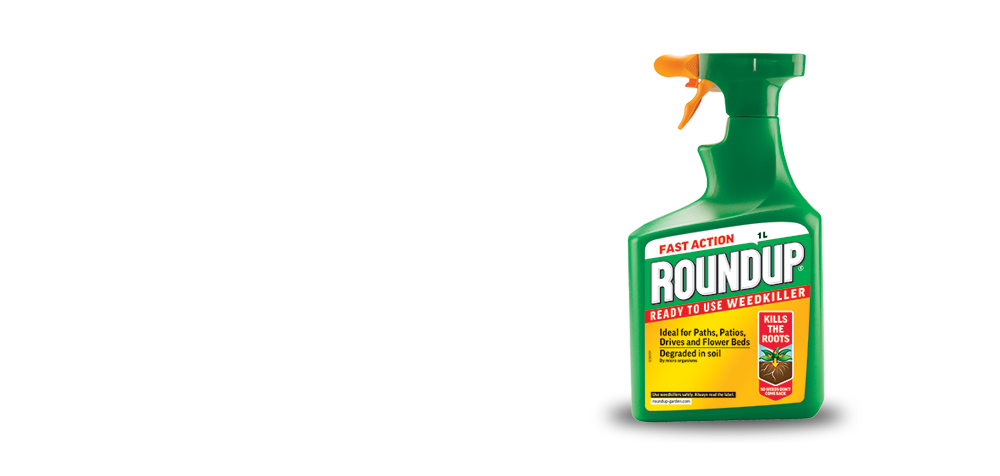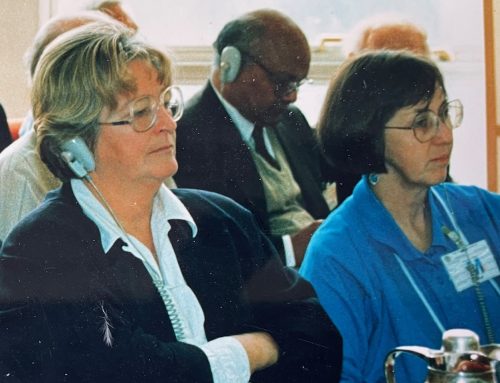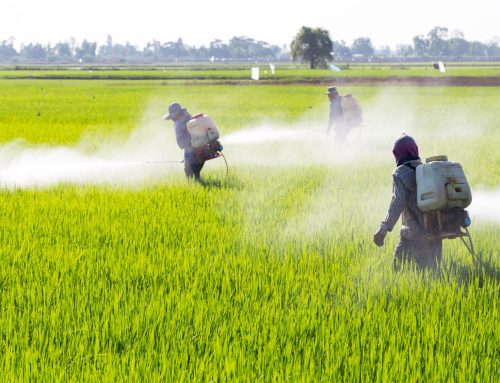by Keith Tyrell, Director, PAN UK
On Friday, 10th August, a jury in California came to a momentous judgement: it agreed with a school groundsman’s claim that his rare form of cancer was caused by exposure to the herbicide known as Roundup.
The case has huge implications for glyphosate – the active ingredient in Roundup, and the world’s most widely-used weedkiller – which has been the subject of intense scientific debate in recent years.
In 2015, IARC, the World Health Organization’s expert agency on cancer, concluded that glyphosate was a “probable human carcinogen”, but this has been challenged aggressively by Monsanto – who produce Roundup. Other regulatory agencies such as the EU’s Food Safety Authority (EFSA) and US Environmental Protection Agency have disagreed with the IARC conclusions.

Jury finds Roundup caused man’s cancer
During the eight-week trial, the jury heard competing arguments from independent experts about whether Dewayne “Lee” Johnson’s use of Roundup and Ranger Pro – another glyphosate containing herbicide produced by Monsanto – contributed to him contracting non-Hodgkin lymphoma. Weighing up this evidence they concluded that it had been a substantial factor behind his illness.
The fact that a jury came to this conclusion is important in its own right, but the real bombshell was the judgement that Monsanto knew (or should have known) that its product could cause cancer, that it “acted with malice or oppression”, and that this was “committed, ratified, or authorized by one or more officers, directors, or managing agents of Monsanto acting on behalf of Monsanto”.
Monsanto has indicated that it will appeal against the judgement.
Monsanto acted with “malice”
Over the course of the trial, Johnson’s lawyers presented evidence – including from a stash of secret internal Monsanto emails and documents – claiming that Monsanto had deployed a host of dirty tricks to keep its product on the market. These included sacking internal experts who suggested that there were problems, strategising to “ghostwrite” favourable scientific papers and organising PR attacks on studies like IARC’s that showed glyphosate was harmful.
In light of this, pesticide regulators around the world should now be questioning the company’s claims that its product is safe. Last year, it was alleged that sections of EFSA’s evaluation of glyphosate had been written by a former Monsanto employee. And there have been repeated calls for an investigation into possible collusion between the US EPA and Monsanto over its assessment of glyphosate.
Failure to act is negligent
The jury awarded Johnson $289 million dollars in damages – a significant sum, but this is the tip of the iceberg. There are reportedly more than 5,000 similar cases waiting in the wings, and surely more will follow, creating a multi-billion dollar headache for Bayer – Monsanto’s new owner. When the markets opened on Monday, Bayer’s share price dropped by more than 11%, knocking more than $10 billion dollars off the company’s value.
This economic impact may be the real wake-up call – companies must now understand that knowingly selling chemicals that are linked to cancer is not only morally questionable, but will also hit their bottom line. Regulators can no longer sit on their hands. In light of this judgement, continued failure to act is negligent, and arguably leaves them just as liable for allowing a known dangerous product to stay in use.
PAN UK is calling for:-
- The immediate withdrawal of glyphosate from sale to the public – some responsible retailers like Waitrose have already stopped selling glyphosate, and others should now follow.
- An immediate end to the use of glyphosate in public spaces in our towns and cities – find out more about our Pesticide-Free Towns campaign.
- An immediate end to the use of glyphosate for pre-harvest desiccation – this is a practice where farmers cover a crop in glyphosate to dry it out so they can harvest it sooner. It leads to higher levels of glyphosate residues in our food.
- Rapid phase-out of glyphosate in agriculture and support to help farmers adopt safer approaches to managing weeds.





